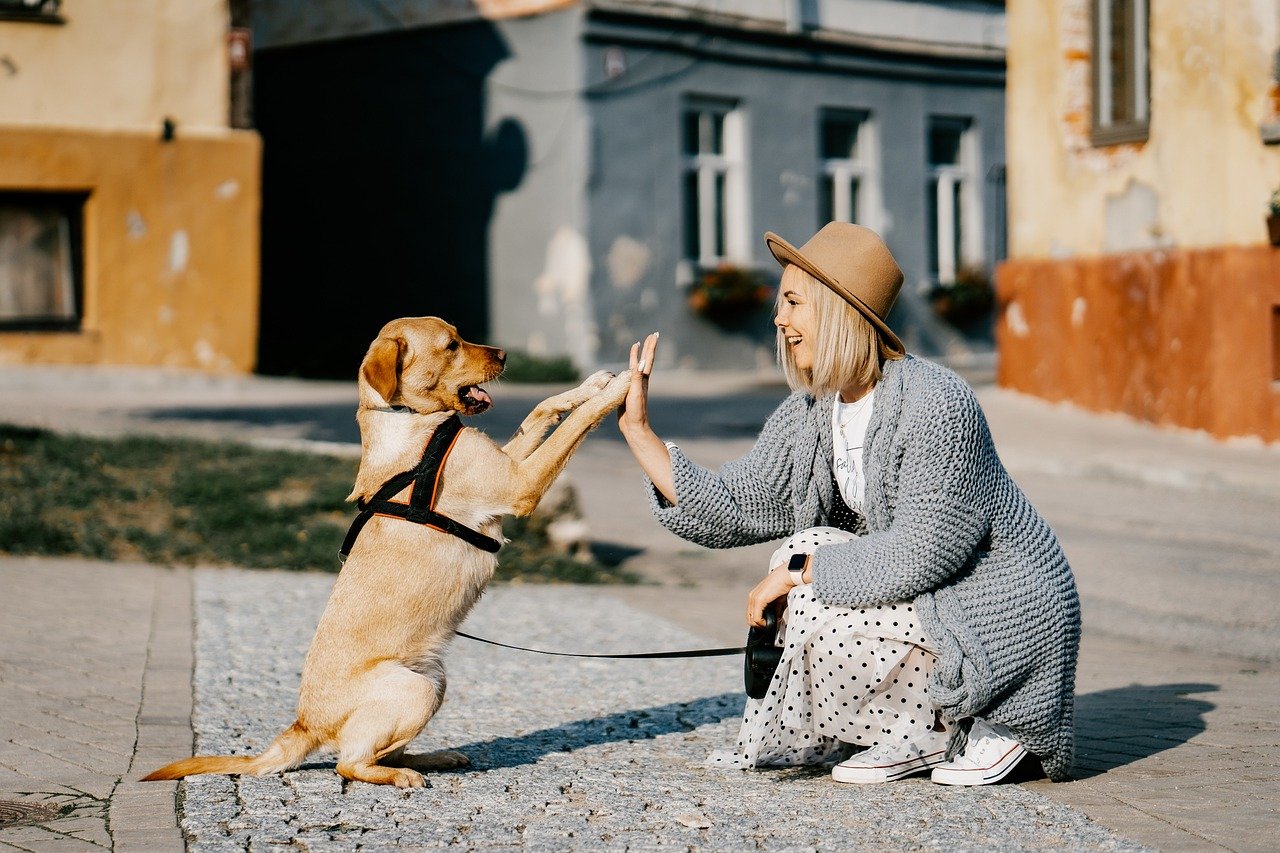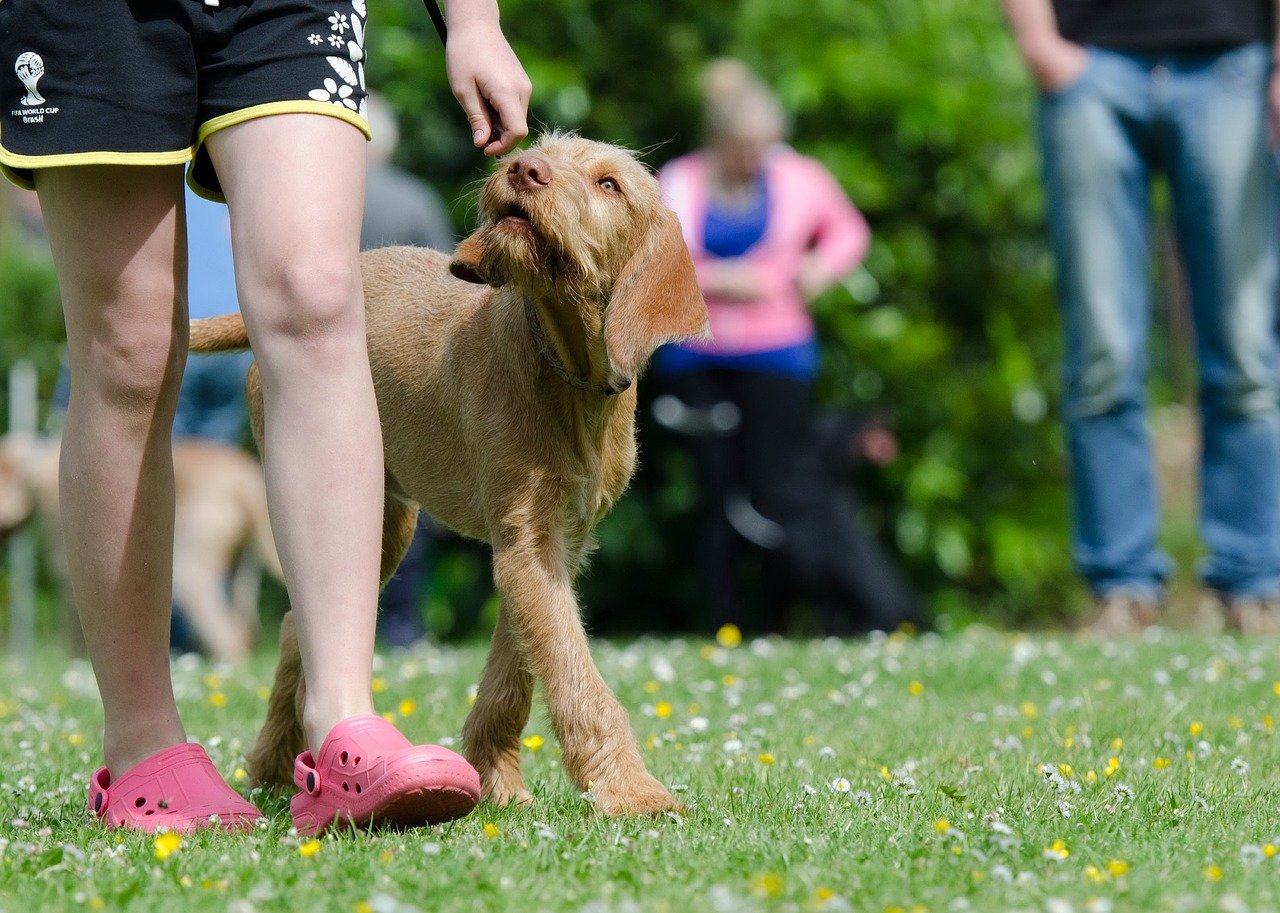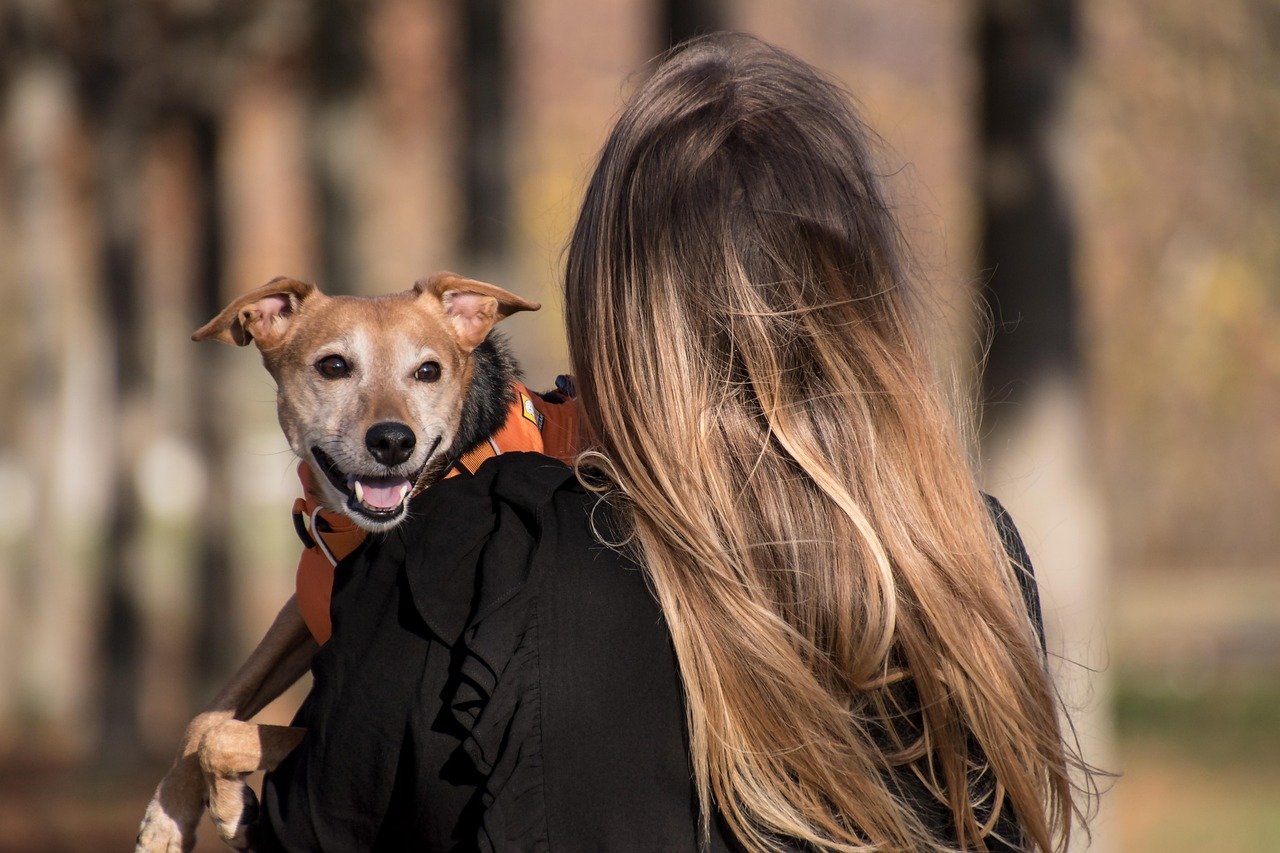Have you ever looked into your dog’s eyes and wondered if you were meant to be together? Maybe you felt a spark the first time you met, or maybe you’re still trying to figure out if you’re the right match. Living with a dog is more than just tossing a ball or sharing a couch — it’s about connection, understanding, and sometimes, compromise. But how do you really know if you and your four-legged friend are truly compatible? Let’s dig into 13 revealing questions that can shine a light on the bond you share. Some of these might surprise you, and some might tug at your heartstrings. Get ready — you might just see your relationship in a whole new way.
Do You and Your Dog Have Matching Energy Levels?

Imagine bringing home a lively Border Collie when you’re more of a movie-on-the-couch type. Or maybe you’re always on the go, but your pup prefers long naps in the sun. Matching energy levels is one of the most telling signs of compatibility. If you love hiking and your dog can barely make it around the block, frustration can grow on both sides. The same goes for an excitable pup with a laid-back owner.
It’s not just about exercise, though — it’s about rhythm. Are you both morning people, or do you prefer late-night strolls? When your activity levels sync up, daily life feels smoother. If not, little things can feel like battles. The happiest pairs are usually those who naturally fall into step together, whether it’s running marathons or sharing lazy Sunday mornings.
Can You Understand Each Other’s Body Language?
Dogs don’t speak English, but they’re masters at communicating through body language. A wagging tail, perky ears, or even a heavy sigh can say a thousand words. The question is: do you notice? And does your dog understand your moods, too? Real compatibility often shows up in those small moments — when your dog senses you’re upset and sits closer, or when you notice they’re anxious and offer comfort.
If you’re often confused about what your dog wants, or your dog seems to misread your cues, it might be a sign to work on communication. But when you “just know” what your dog is thinking, and they mirror your feelings, it feels almost magical. It’s like having a secret language that only the two of you share.
Are Your Lifestyles in Sync?
Your daily habits shape your dog’s life, too. Do you have a busy social calendar, or do you prefer cozy nights in? Is your work schedule steady, or do you travel a lot? Dogs thrive on routine, and sudden changes can stress them out. Compatibility shines when your lifestyle naturally fits your dog’s needs.
If you love adventure and your dog does, too, you’ve hit the jackpot. But if you travel often and your dog gets anxious when left behind, or if you work long hours and your pup craves constant companionship, it may take some extra effort. Think about how your routines mesh — it can make all the difference in day-to-day happiness.
Do You Share Similar Social Preferences?
Some dogs are social butterflies, eager to meet every person and pup at the park. Others are wallflowers, happiest at home with their favorite human. What about you? If you’re the life of the party and your dog is nervous around strangers, outings can be stressful instead of fun. The opposite is true, too — an outgoing dog might feel stifled if you prefer solitude.
Compatibility often means enjoying similar social experiences together. Maybe you both love coffee shop patios, or you both prefer quiet walks after sunset. When your social styles align, shared activities feel effortless and enjoyable — for both of you.
Does Your Dog Respect Your Personal Space (and Vice Versa)?

Some dogs are velcro pups, glued to your side from dawn till dusk. Others need their independence, preferring their own bed or quiet time. Humans are the same way! If you crave alone time but your dog demands constant attention, it can lead to tension. On the flip side, a standoffish dog might leave you feeling rejected if you’re always seeking cuddles.
Respecting boundaries is a big part of compatibility. Are you comfortable with your dog’s need for closeness or space? And does your dog respect your cues when you need a breather? When this balance is right, both of you feel secure and loved.
Are Your Training Styles Compatible?

Training isn’t just about obedience — it’s about building trust and understanding. Some people are patient and gentle, while others prefer a firmer hand. Dogs have personalities, too: some are sensitive and need encouragement, while others respond to structure and routine. If your style clashes with your dog’s needs, progress can be slow and frustrating.
But when your training approach matches your dog’s learning style, magic happens. You start to see real progress, and training becomes a way to bond, not a chore. It’s like learning a dance together — when you both move in rhythm, everything flows.
Do You Both Enjoy the Same Types of Activities?
Think about your favorite ways to spend time together. Is it playing fetch in the yard, hiking forest trails, or snuggling on the couch? The activities you both enjoy are a window into your compatibility. If you love being outdoors and your dog is always eager to join, you’ll create memories that last a lifetime.
But if your dog is terrified of water and you dream of beach vacations, or if you hate the cold and your husky lives for snow, you might need to compromise. Still, finding shared joys — even simple ones — can deepen your bond and keep both of you smiling.
Does Your Dog Respond Well to Your Voice and Commands?
There’s something powerful about the way a dog perks up at their human’s voice. Does your dog listen when you call, or do they tune you out? Dogs who are truly in sync with their people respond eagerly, not just because they’ve been trained, but because they want to connect.
If your commands often fall on deaf ears, or if your dog seems confused by your tone, it’s worth asking why. Sometimes it’s a training issue, but sometimes it’s a mismatch in communication styles. When your dog can read your voice, and you know how to get their attention, everyday life is simpler and more harmonious.
How Do You Handle Stressful Situations Together?

Life isn’t always a walk in the park — sometimes it’s a thunderstorm. How do you and your dog handle stress? If you both panic, situations like vet visits or fireworks can turn into disasters. But if you stay calm and your dog trusts you, tough moments become easier for both of you.
Compatibility means supporting each other through challenges. Maybe your dog’s confidence lifts your spirits, or maybe your steady presence reassures your anxious pup. The way you weather storms together says a lot about your bond.
Are Your Grooming and Care Expectations Compatible?
Grooming can be a big part of dog ownership, depending on the breed. Do you enjoy brushing and bathing your dog, or is it a dreaded chore? Does your dog tolerate nail trims and ear cleaning, or do they fight every step of the way? These small routines can reveal bigger truths about compatibility.
If you’re happy to put in the effort and your dog enjoys the attention, grooming becomes a special time together. But if you both dread it, or if your dog’s needs exceed your willingness or ability, it can cause stress on both sides. Finding harmony in daily care is a quiet but powerful sign of a good match.
Do You Have Similar Dietary Routines and Food Attitudes?
Mealtime is a ritual, not just a necessity. Some dogs are picky eaters, while others will gobble up anything in sight. How do you feel about feeding — do you prefer home-cooked meals, or is kibble your go-to? Are you strict about treats, or do you love spoiling your pup?
Compatibility here means fewer battles and more joy around food. If your dog’s eating habits mesh with your own approach, mealtimes are smooth and stress-free. But if you clash — say, you want to control portions and your dog scavenges for scraps — it can lead to frustration and even health problems.
How Do You Handle Alone Time?
Not every moment can be spent together, and that’s okay. The question is: how do you both handle being apart? Some dogs are perfectly content to nap while you’re away, while others experience separation anxiety. Similarly, some people worry when their dog is alone, while others appreciate the break.
True compatibility means both of you are comfortable with the rhythm of togetherness and separation. If your dog panics every time you leave, or if you feel guilty stepping out, daily life can get stressful. But if you both trust that time apart is temporary and safe, your bond grows even stronger.
Do You Feel an Emotional Connection?
At the end of the day, the most important question is simple: do you feel emotionally connected to your dog, and does your dog seem attached to you? This isn’t about obedience or routines — it’s about the little things. Does your dog seek you out for comfort, play, or just to sit quietly by your side? Do you feel a sense of peace and happiness when you’re together?
Some people say you can see true compatibility in a dog’s eyes — a kind of silent understanding that goes beyond words. When you feel this connection, it’s unmistakable. It’s not about perfection; it’s about being together, flaws and all. Sometimes, that’s the only answer that matters.
Compatibility with your dog goes beyond shared affection—it’s about understanding each other’s needs, habits, and energy levels. The 13 questions in this guide are designed to spark honest reflection about how well your lifestyle, expectations, and personality align with your dog’s. If you found areas that need work, that’s not a deal-breaker—it’s an opportunity to grow together. True compatibility often comes from mutual effort, patience, and a willingness to adapt. When you and your dog are truly in sync, the result is a partnership built on trust, respect, and unconditional love.





